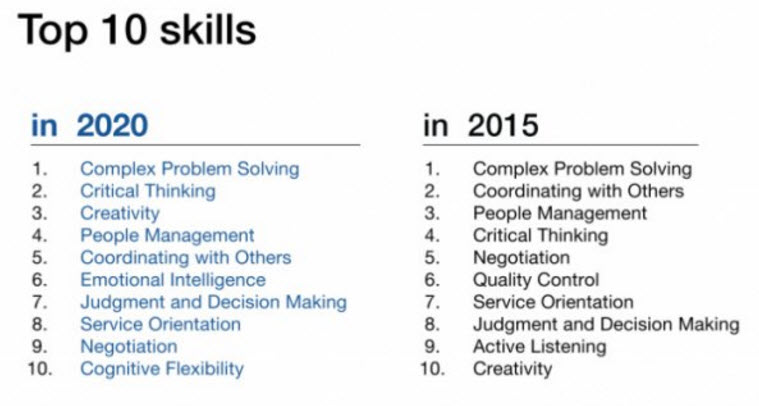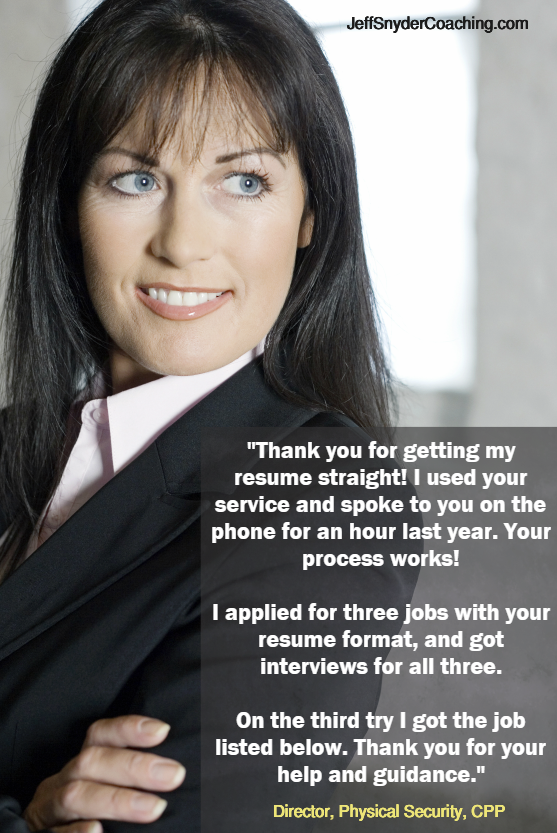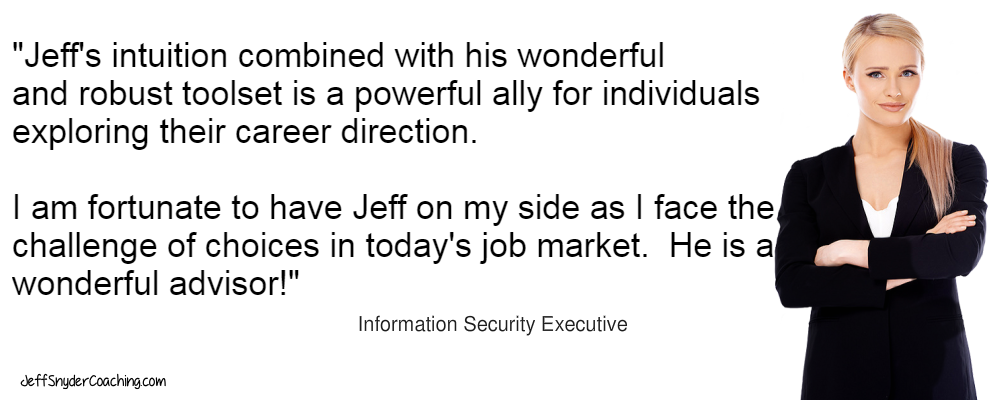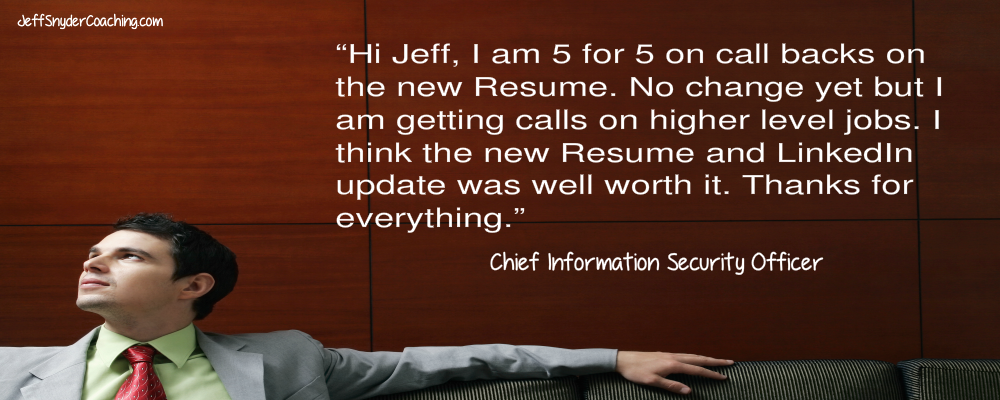Psychological research suggests that a person’s IQ (Cognitive Intelligence) is worth +-10% of career success. The same psychological research also suggest that EI / EQ (Emotional Intelligence or Emotional Quotient) could be worth +-60% of career success.
If you want to progress in any career, what initially gets you going and what gets you to a certain level of success is frequently going to be a different skill set than the skill set you need to continue progressing.
What is the skill set required to progress in any career?
Here are some specific examples. This is what the business is currently asking for from the Director to the “C” Suite in technology job descriptions. Every trait or skill mentioned below that can be measured can be improved upon if a person is naturally gifted with a specific trait.
For some skills or traits, you either have them or you don't. We're all wired differently and we all have potential to deliver a great performance. It's simply a matter of figuring out how a person is uniquely wired and then aligning them with the right work to maximize their performance.
Notice that most of the traits or skills mentioned below are people skills or soft skills.
- Leadership Presence (can be developed)
- Leadership that is both Visionary and Strategic (can be measured)
- Leadership that inspires people (influencing skills can be measured)
- Thought Leadership (can be measured)
- Deep Problem Solving Skills (can be measured)
- Complex Analysis Skills (can be measured)
- Excellent Verbal Communication Skills (can be learned)
- Excellent Written Communication Skills (can be learned)
- Excellent Collaboration and Partnering Skills
- Superior Presentation Delivery Skills
- Integrator of People, Process and Technology
- Change Management Skills
- Consensus Building Skills
- Budgeting Skills
- Business Analysis Skills
- Contract Negotiation Skills
- Vendor Management Skills
- There's more...this list just gets the discussion started!
It is a person’s cognitive skills that gets them into an engineering degree program. It is their cognitive skills that gets their technology career started. Cognitive skills are the skills the brain uses to think, read, learn, remember, reason, calculate and pay attention.
What you see in the list of employer requirements above require some cognitive skills. Most of what is required to move beyond leaning almost purely on cognitive skills are emotional intelligence skills, soft skills or people skills.
These are the skills that when developed, enable us to lead, influence, persuade, mentor, manage, collaborate, build partnerships, negotiate contracts, manage vendor relationships and more. Additionally, beyond what a person learns in engineering school, the further up the ladder one wishes to climb, roles require much more emphasis on business skills than on technical skills.
What if you don’t want to be a manager, director or “C” suite technology leader?
At the Analyst, Engineer or Architect levels, development of the soft skills mentioned above will provide exponential return on investment to your career. Not everybody is built to lead, guide, mentor and grow other people and you shouldn't feel as if you have to move in a managerial direction in order to progress in your own career development.
In addition to people skills, there are also business skills mentioned above. Business skills in this case include the ability to read and interpret financial statements. The ability to present one’s case for technology in terms that a business audience can clearly understand without having to bring in an interpreter. The ability to speak to a CEO, COO, CFO, etc. in their language rather than your technology focused language.
When you invest in yourself to master skills that go above and beyond your IQ or cognitive skills alone, your career progression will go places.
Jeff Snyder Coaching
